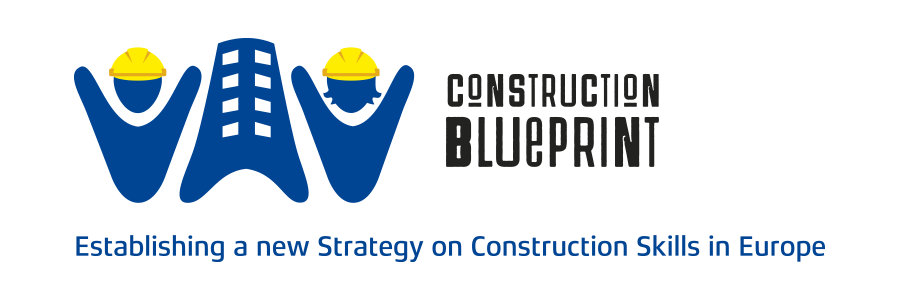The joint entity will work for four years, working with 23 other entities representing the sector in Europe, to define a strategy to address the challenges of innovation, competitiveness and employment in construction.
The European Commission has granted Fundación Laboral de la Construcción a transnational project to lead, for four years, with the aim of setting up the roadmap of professional qualifications in the construction sector. It is expected that this strategic and cooperative initiative, which will start at the beginning of 2019, will serve to improve training in the construction sector in Europe, by improving the balance between the training needs demanded by companies and the training offer offered by the Training Centres.
The Plan, defined as ‘Alliance for sectoral competences focused on the implementation of a new strategic approach (Blueprint) for cooperation on competences’, is part of the ‘New Skills Agenda for Europe’ adopted in 2016 under the slogan ‘Working together to strengthen human capital, employability and competitiveness’. It is supported by the European Union’s Erasmus+ Programme and involves 23 other partners, representative bodies of the construction industry, such as EU sectoral organisations, national representatives of the construction sector and Vocational Training providers from 12 European countries.
The purpose is to define a common sectoral strategy for the construction industry on professional skills, to reduce skills gaps, shortages and imbalances, as well as to ensure quality and an adequate level to support growth, innovation, competitiveness and employment in the sector.
Promoting the construction attractiveness among youngsters and women
In this way, the programme sets a series of objectives, among which the following can be highlighted: collecting national and regional good practices that illustrate and promote initiatives to address the lack of professional skills; developing an MOOC (Massive Open On line Course), which raises awareness among construction workers on relevant subjects such as digitisation, energy efficiency and the circular economy; creating a WatchTower tool to provide accurate information on training needs in different countries through the use of big data; and developing a methodology for reviewing profiles and professional qualifications in construction. All this together with an awareness campaign to promote the attractiveness of construction as a professional option, especially among youngsters, as well as achieving a balance between men and women in the sector.
The “Alliances for Sectoral Competences” are European projects created to address the skills shortages of professional profiles in a specific sector. To this end, they identify the needs of the existing or emerging labour market and promote the responsiveness of IVET and continuing training systems at all levels to the needs of the labour market. Based on the information obtained, the Alliances support the design and implementation of vocational training materials and teaching and training methodologies for Europe’s main professional profiles, in order to support the growth strategy of the sector as a whole.
Between the twenty-three partners are the European employers’ organisations, European Construction Industry Federation (FIEC), European Builders Confederation (EBC) and the European Federation of Building and Wood Workers (EFBWW).




